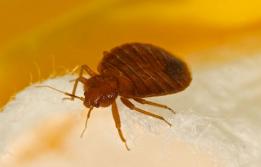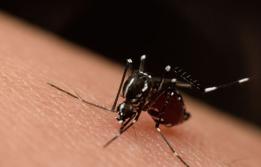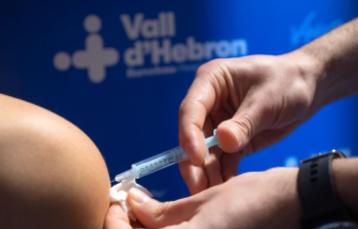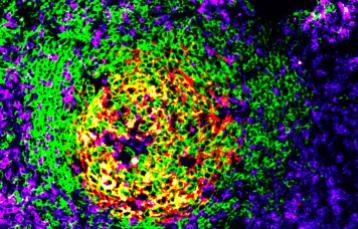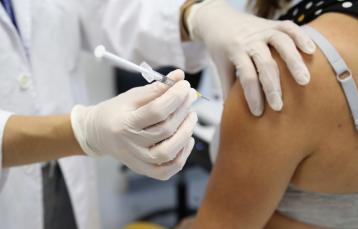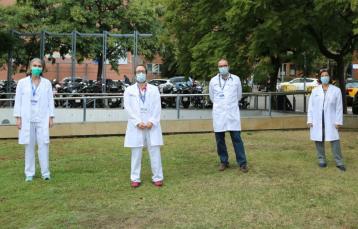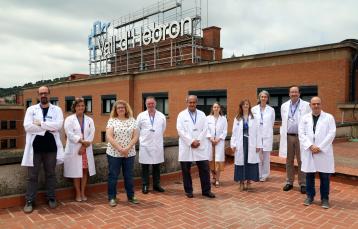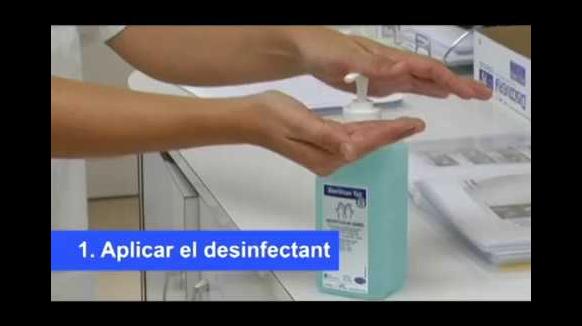Preventive Medicine and Public Health
Description
The Preventive Medicine and Epidemiology Department is a national leader in the creation of vaccination campaigns for at-risk patients with chronic illnesses. Residents’ training lasts four years. Residents must acquire knowledge in epidemiology and environmental and workplace health to be able to efficiently resolve problems and for public health control and cancer prevention. At the primary care level, residents spend their rotation on the monitoring and control of environmental contamination and hospital acquired infections, and notifiable diseases. The Vaccination and Epidemiology programme for communicable diseases and the Smoking Prevention programme are run in parallel.
As part of the Vall d'Hebron Research Institute (VHIR), we are an established research group in the field of Epidemiology and Public Health, carrying out research in the epidemiology of infections related to healthcare and their risk factors. We are lead research for the creation of new preventative vaccines. This achievement is the result of working on international multi-centre clinical trials. These include pre-pandemic and pandemic influenza vaccines such as the current seasonal flu vaccines, in addition to trials for human papillomavirus and shingles (herpes zoster) vaccines both in healthy and immunodeficient patients, and the meningococcal meningitis B vaccine. The department's involvement in preventative vaccines has led to the organization of an annual course in advances in vaccinations of recognised international prestige.
At the same time, we continue to work on the prevention of common community infections such as whooping cough, tuberculosis, chicken pox, bronchiolitis caused by respiratory syncytial virus (RSV), and shingles.
In 2015, ten research papers were published as a result of our work, and four projects were begun as a result of being awarded grants.
The Department’s research work also plays an active educational role in the Resident Medical Intern Programme at UPF, the Phoenix Project Master’s in Community Health at the Autonomous University of Barcelona (UAB), the Master’s in Public Health at UPF and UAB, the Master’s in International Health at the University of Barcelona and UAB, the Master’s in Community Health from the University School of Nursing at Vall d’Hebron University Hospital, and the Vaccinology Diploma Course in Epidemiology and Public Health research (IES) diploma.
Accredited places: 3
Download the Unit training programme
Why should I specialise at Vall d’Hebron?
- Because we offer advanced training in vaccinology and giving up smoking, as well as Communicable disease prevention and Infectious disease control programmes in the healthcare environment to maximise patient safety.
- Because we allow you to train in international centres where you will carry out international healthcare and research projects, such as the Pan American Health Organization in Angola.
- Because you will learn to perform epidemiological analysis and to calculate indicators of healthcare quality.
- Because we have the most extensive training portfolio in Catalonia, which includes the Vaccination Unit, the Tobacco cessation Unit, and outpatient appointments for patients with communicable diseases, as well as monitoring and control of healthcare related infections, prevention of environmental contamination and hospital-acquired infections , the breast cancer screening unit and the hospital register of tumours.
- Because we are a unit that studies adverse post-vaccination reactions and that provides urgent care to people requiring post-exposure prophylaxis for certain infectious illnesses such as chicken pox or rabies.
- Because we attend to a high number of patients, on average 9,000 per year, meaning you will work with a very wide range of cases.
- Because we are national pioneers in the monitoring of hospital acquired infections and authored the first Study of the Prevention of Hospital Acquired Infections in Spain (EPINE) in 1990; a study in which we now coordinate the 250 hospitals who take part every year.
- Because we also coordinate the Bacteraemia monitoring programme associated with catheters used in paediatric and neonatal ICUs in Catalonia (VINCAT).
- Because we have 25 years of experience in training resident doctors in prevention and public health.
- Because we can say that all our residents find work quickly, especially as primary care technicians.












